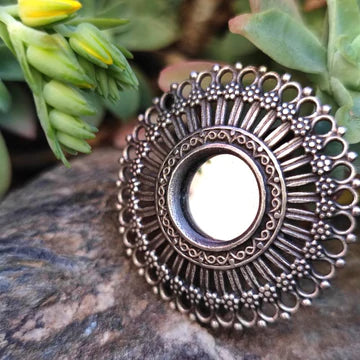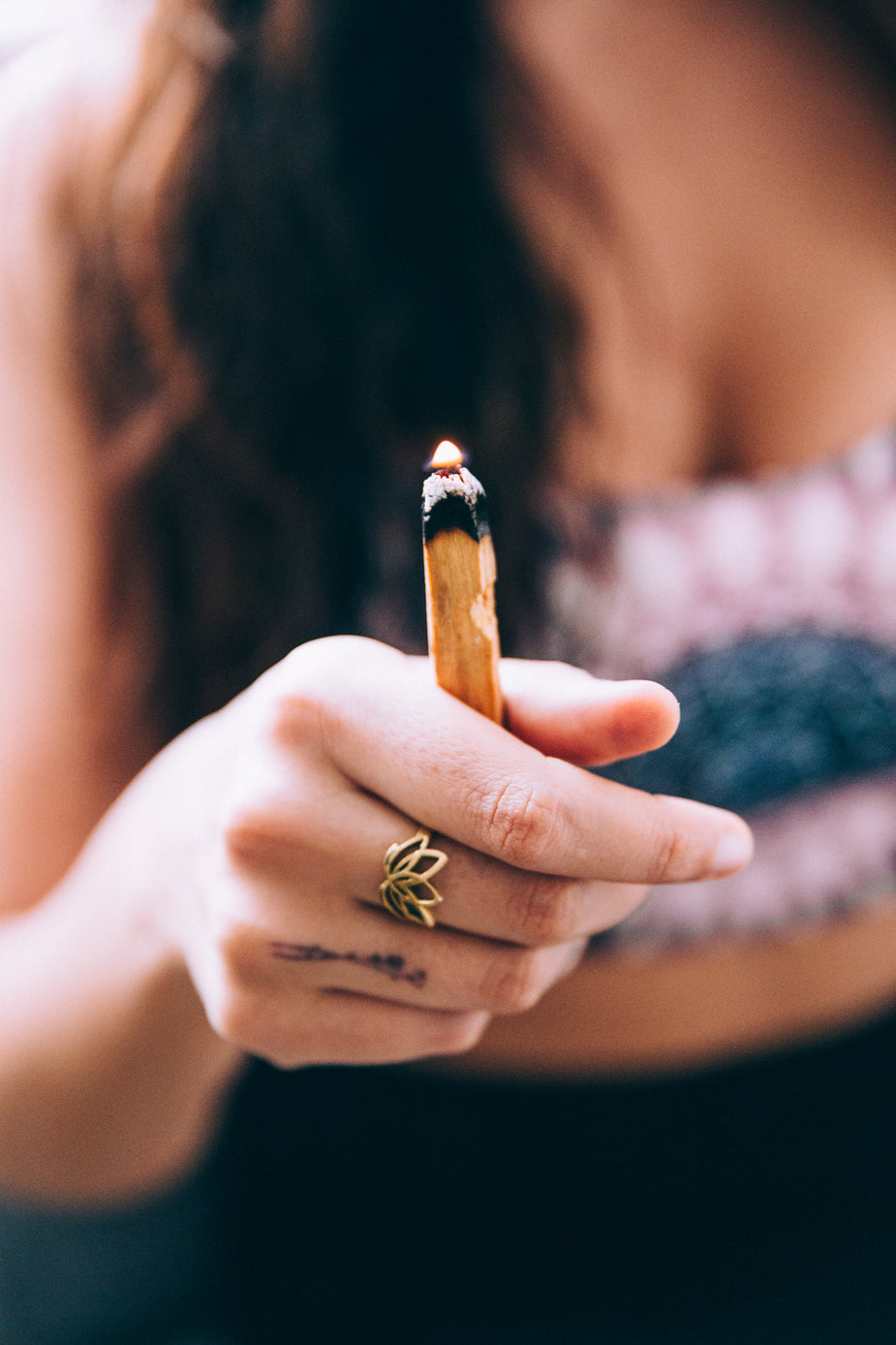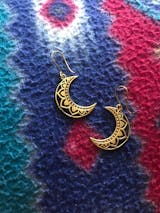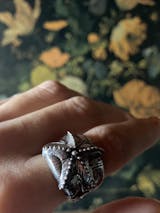PUNTINATURA – WHAT IS IT? Traditional processes and their origins

Granulation (often called granulation or dotwork ) is a very ancient and widespread decorative technique in traditional Indian goldsmithing. Here are its main features:
What is stippling in Indian jewelry?
Stippling involves applying tiny spheres or dots of metal (gold or silver) to the surface of the jewel, creating geometric or floral patterns or complex textures.
It is especially common in 22-karat gold jewelry, typical of many regions of India.

Why is it used?
- Enhances metal and light: micro-dots capture the light and give a rich but not excessive shine.
- Increases the perception of craftsmanship: each dot is often applied by hand or with traditional tools.
- Adds three-dimensionality: creates textured surfaces, typical of Indian style.
- Cultural reference: Many dotted designs reference ancient symbols, such as lotus flowers, mandalas, and tribal motifs.

Most common techniques
1. Traditional granulation
It derives from ancient techniques (also used by Etruscan goldsmiths).
Micro-spheres of metal are created and welded to the surface using heat.
2. Stippling with a burin or punch
Mainly used in Rajasthan and Gujarat:
The craftsman inscribes or “points” the metal with small steel heads, creating micro-depressions or reliefs.
3. Dotted watermark
Very common in Cuttack (Odisha) and South India:
Very thin threads are combined with decorative dots to create light, openwork structures.
Where it is most widespread
- Rajasthan → bracelets, chokers and jhumkas with dotted textures.
- Gujarat → solid silver with strong texturing.
- Tamil Nadu and Kerala → 22k gold with dotted details in ceremonial jewelry.
- Odisha → filigree with extremely fine micro-dots.

Value and quality
Quality stippling can be recognized by:
- regularity of the dots
- good adhesion without smudging
- symmetrical design
- uniform metal finish
In the most valuable pieces, the dots are very small and regular, requiring hours of handwork.














